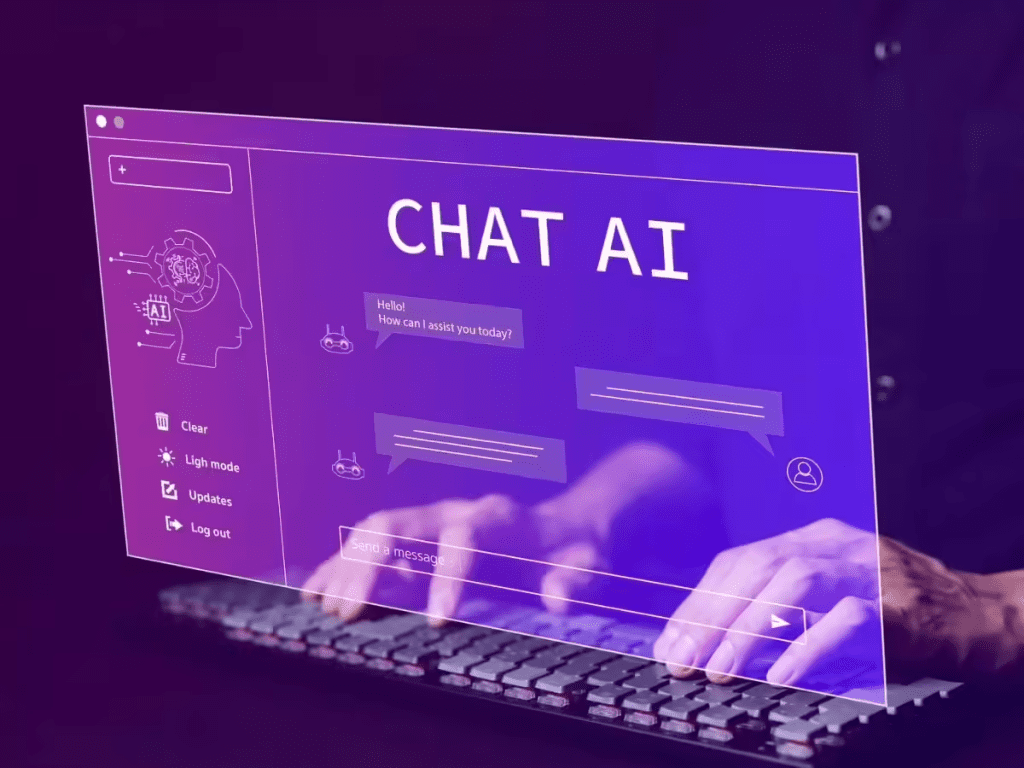AI is everywhere—helping you write emails, plan workouts, and even ace homework. But what if this convenience comes at a cost? A recent study from the MIT Media Lab is stirring controversy, suggesting that overreliance on ChatGPT may actually erode your brain’s critical thinking muscle. Sounds dramatic, right? Let’s unpack what this research really means, why it matters, and what you can do about it.
The Study That Sparked the Alarm
The MIT Media Lab experiment focused on 54 participants aged 18 to 39. Each person was tasked with writing SAT-style essays using either ChatGPT, Google, or no tools at all. The twist? Researchers also scanned their brain activity using EEG machines to track how much their minds were engaged during the process.

The results were eye-opening.
Those using ChatGPT showed significantly lower brain activity, especially in areas related to memory, creativity, and problem-solving. They tended to copy-paste suggestions rather than build original ideas. Meanwhile, participants who used Google—or no tools at all—showed more brainwave patterns associated with critical engagement, analysis, and retention.
Brain on Autopilot?
Ever heard of the phrase “use it or lose it”? That might be what’s happening here. When people relied on ChatGPT to do the mental heavy lifting, their brains got a little lazy. Instead of organizing thoughts or wrestling with ideas, many simply accepted the AI’s output as-is.
Later, when the same ChatGPT users were asked to rewrite their essays from memory—without AI—their performance tanked. EEG scans revealed weak neural activity, suggesting that the original task didn’t embed deeply in their memory. In short, they didn’t really learn or absorb anything. The brain was just coasting on cruise control.
What About Google Users?
Interestingly, the group that used Google performed almost as well as the no-tool group. Why? Because using a search engine still requires some form of decision-making. You read, you compare sources, you think critically. Your brain remains in the driver’s seat, rather than just sitting back and letting AI steer.
Video : Does ChatGPT make you dumber? MIT Study Explained.
It’s Not Just About Essays
Lead researcher Nataliya Kosmyna didn’t stop at essays. She’s now studying the effects of AI tools on computer programmers—and the early signs aren’t promising. Initial data show even more drastic cognitive declines when coders rely too heavily on AI-generated code.
And that should give us pause. Because if programmers—often viewed as tech-savvy and analytically sharp—are showing cognitive drops, what happens when AI becomes the go-to tool in every field?
Education Experts Are Concerned
Educators reviewing the essays criticized those written with ChatGPT for being emotionally flat, lacking depth, and mimicking a generic tone. These essays didn’t just fall short technically—they felt hollow, like they were missing a human heartbeat.
In classrooms already battling attention spans and screen addiction, ChatGPT adds a new layer of complexity. Some experts fear students may never fully develop essential skills like argumentation, synthesis, and independent reasoning if they rely too heavily on AI to “think” for them.
Let’s Not Panic—But Let’s Pay Attention
Now, let’s keep it real. This study hasn’t been peer-reviewed yet, and the sample size was small. That means it’s not definitive. But it’s a wake-up call—a signal that we need to tread carefully in our use of AI, especially in educational and developmental contexts.

Think of AI like a calculator. Great for complex equations, but if you never learn how to add or subtract on your own, you’re in trouble when the batteries die.
So, What Can You Do?
Here’s the thing: ChatGPT and other AI tools aren’t inherently bad. In fact, they can be fantastic productivity boosters—when used wisely.
Here’s how to make sure AI works with your brain, not against it:
- Use AI as a brainstorming partner, not a ghostwriter. Let it spark ideas, but always revise, add your voice, and make the final product your own.
- Challenge the AI. Ask it follow-up questions. Compare its answers with your own research.
- Set personal “no-AI zones.” Maybe for your journal, your essays, or your reading reflections—anything that strengthens your inner voice.
- Reflect after using it. What did you learn? What could you have done differently without AI?
- Parents and educators, teach digital literacy. Just like we teach kids to read and write, let’s teach them to think with—and sometimes beyond—technology.
The Bigger Picture
AI is evolving fast. It’s transforming how we write, code, shop, date, and more. But with that convenience comes a silent risk: the erosion of effort. And effort, as annoying as it may feel sometimes, is what builds lasting knowledge, confidence, and creativity.
Video : MIT study: AI is making us dumber
Think of your brain like a gym. If you let a machine do all the lifting, your muscles don’t grow. ChatGPT isn’t the enemy—but overreliance might be.
Conclusion: Use the Tool, Don’t Become One
In the end, this MIT study is less a condemnation of ChatGPT and more a cautionary tale. The tool itself is powerful—but the responsibility lies with us. We must learn to strike a balance between automation and cognition, efficiency and effort.
So next time you’re tempted to let ChatGPT write your paper, code your app, or answer your email—pause. Ask yourself: Am I learning? Am I thinking? Or am I just hitting copy-paste and calling it a day?
Because if we’re not careful, the smartest tools might just make us forget how to think.


